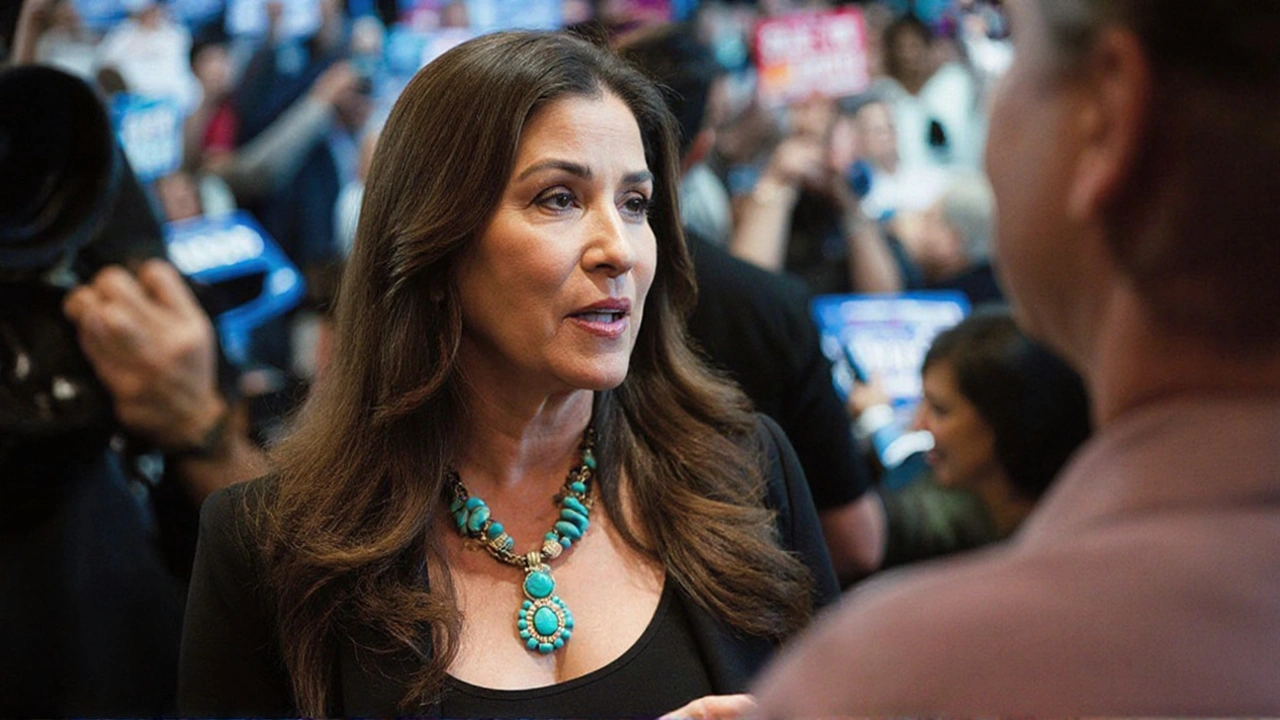Working Families Party – Quick Guide and Latest News
If you’ve heard the name Working Families Party (WFP) pop up in the news, you’re probably wondering who they are and why they matter. In plain terms, WFP is a political group that claims to champion working‑class families, focusing on affordable housing, job creation, and better public services. They started out as a grassroots movement and have steadily moved into the national spotlight, especially during recent election cycles.
Who is the Working Families Party?
The party was founded by a coalition of community leaders, trade unionists, and small‑business owners who felt mainstream parties weren’t listening to everyday South Africans. Their core message is simple: policies should serve the people who actually earn a wage, not just the elite. They push for lower taxes on low‑income earners, stronger labour rights, and more investment in public schools and clinics.
Leadership is headed by a charismatic figure, Maya Dlamini, who uses social media to connect directly with voters. Dlamini’s background as a former school teacher gives the party a relatable face; she often shares stories from her own neighbourhood to illustrate how policies affect real families.
Recent Moves and Impact
In the past year, WFP has made a splash by fielding candidates in three major municipal elections. Their surprise win in the Cape Town suburb of Khayelitsha put them on the map. The victory was driven by a promise to fix the area’s water infrastructure, a promise they’re now actively delivering on.
On the national stage, the party has been vocal about the upcoming 2026 budget. They released a white paper calling for a “family‑first” tax rebate, which has been cited by several parliamentary committees. While the government hasn’t fully adopted the proposal, the discussion itself shows the party’s growing influence.
Beyond elections, WFP runs community workshops on financial literacy and partners with NGOs to provide free legal aid for workers facing unfair dismissals. These initiatives help them build a loyal base that sees the party as more than just a political brand.
Critics argue that the party’s agenda is too populist and lacks a clear economic blueprint. In response, WFP released a detailed fiscal plan outlining how they would fund their policies without ballooning the deficit. The plan includes redirecting funds from under‑used government programs and increasing efficiency in public spending.
Looking ahead, the party is gearing up for the 2027 general election. Their campaign strategy now includes a robust digital outreach, live town‑hall meetings, and collaborations with local influencers who share a working‑class audience.
Whether you support them or not, the Working Families Party is a clear example of how new political voices can shape the conversation in South Africa. Their focus on real‑world problems and hands‑on solutions resonates with many voters who feel left out of traditional politics.
Keep an eye on their next moves – from policy proposals to community projects – because they’re likely to keep pushing the agenda for working families forward. Stay informed, and you’ll know exactly how this party could affect your daily life and the broader political landscape.
Adelita Grijalva Becomes First Latina from Arizona in Congress
Democrat Adelita Grijalva won 69% of the vote in a special election, making her the first Latina from Arizona to serve in Congress. She succeeds her late father, Raúl Grijalva, and brings two decades of local government experience. Credit unions and the Working Families Party helped fund her campaign, and her win trims the GOP House majority.

